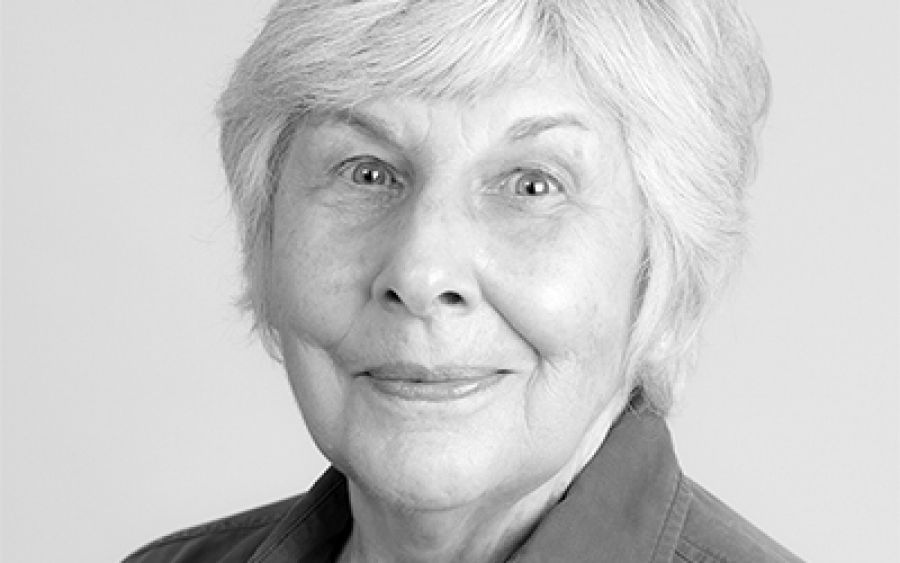
- Free Article: No
- Contents Category: Interview
- Custom Article Title: An interview with Sheila Fitzpatrick
- Review Article: Yes
- Article Title: An interview with Sheila Fitzpatrick
- Online Only: No
- Custom Highlight Text:
In September 2013, six months after returning to Australia after forty-eight years away, mainly in the United States, I wrote a piece for ABR on being a returning expatriate. Actually, this wasn’t my first piece for the journal (that was a review of a biography of Ryszard Kapuściński seven months earlier), but it was a piece that had particular importance for me. Rereading it recently, I was struck both by the conversational tone, as if I already thought ABR readers were my friends, and by the underlying seriousness of the effort to explain myself. I didn’t write like that for American publications.
- Article Hero Image (920px wide):

- Article Hero Image Caption: Sheila Fitzpatrick (photograph via Black Inc.)
- Alt Tag (Article Hero Image): Sheila Fitzpatrick (photograph via Black Inc.)
- Featured Image (400px * 250px):

- Alt Tag (Featured Image): Critic of the Month with Sheila Fitzpatrick
Which critics most impress you?
The Germans. If I read reviews in the Frankfurter Allgemeine Zeitung – a daily newspaper! – I am overwhelmed by the erudition of the reviewer (generally a journalist with a PhD equivalent in the area). That’s not to say I want to write like that, or even that I particularly enjoy reading such reviews. The French are also pretty highbrow, but with less erudition and more beautiful, ambiguous phrase-making.
Do you accept most books on offer or are you selective?
I do turn things down, mainly for lack of interest/expertise in the topic, but sometimes because I know the author’s previous work and expect to dislike this one.
What do you look for from an editor?
I like editors who are on the same wavelength and don’t mess around too much with my copy (but do pick up any glaring errors). That’s why I like writing for ABR and LRB. The New York Review of Books, with its well-known insistence on a house style of thought/expression and obsessive copy-editing, would be at the other end of the spectrum.
Do you ever receive feedback from readers or authors?
Authors sometimes email to thank me for having understood the book. One wrote, apropos of a criticism I’d made, that she absolutely agreed with me, but that her publisher had made her do it.
What do you think of negative reviews?
I try not to write them too often, but there are rare occasions when I think a hatchet job is in the public interest.
How do you feel about reviewing people you know?
You’re almost bound to know people in your field to some degree. If they are more than casual acquaintances but there’s something I particularly want to say about their book, I still sometimes review it, with due disclosure in the text and having told the editor beforehand.
What’s a critic’s primary responsibility?
Taking the trouble to understand what the author is trying to do, and then stepping back to consider how well it’s come off. Also – if we’re talking about reviewing outside of specialised professional journals – putting the work in context for non-specialists and explaining why it matters.



Comments powered by CComment